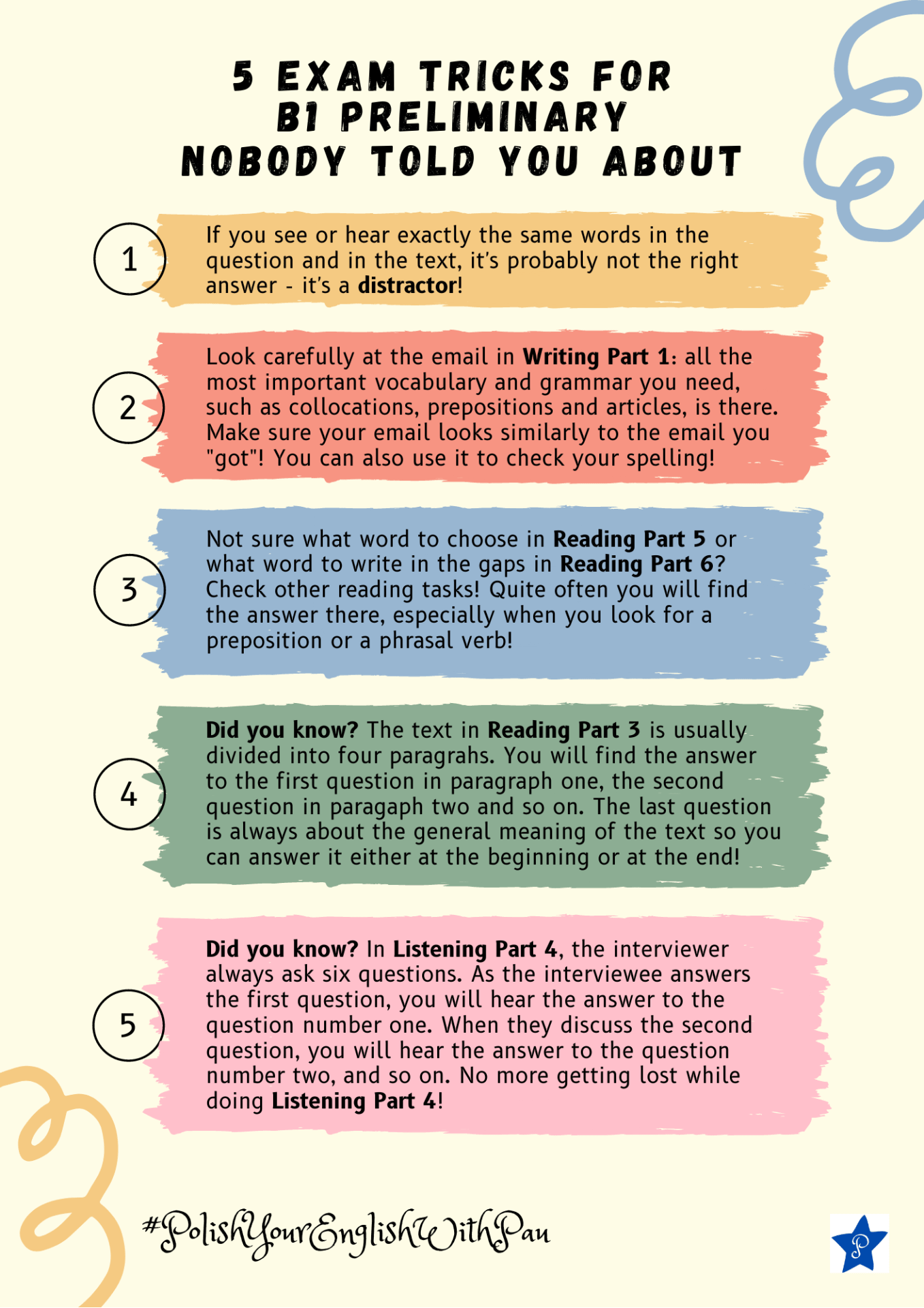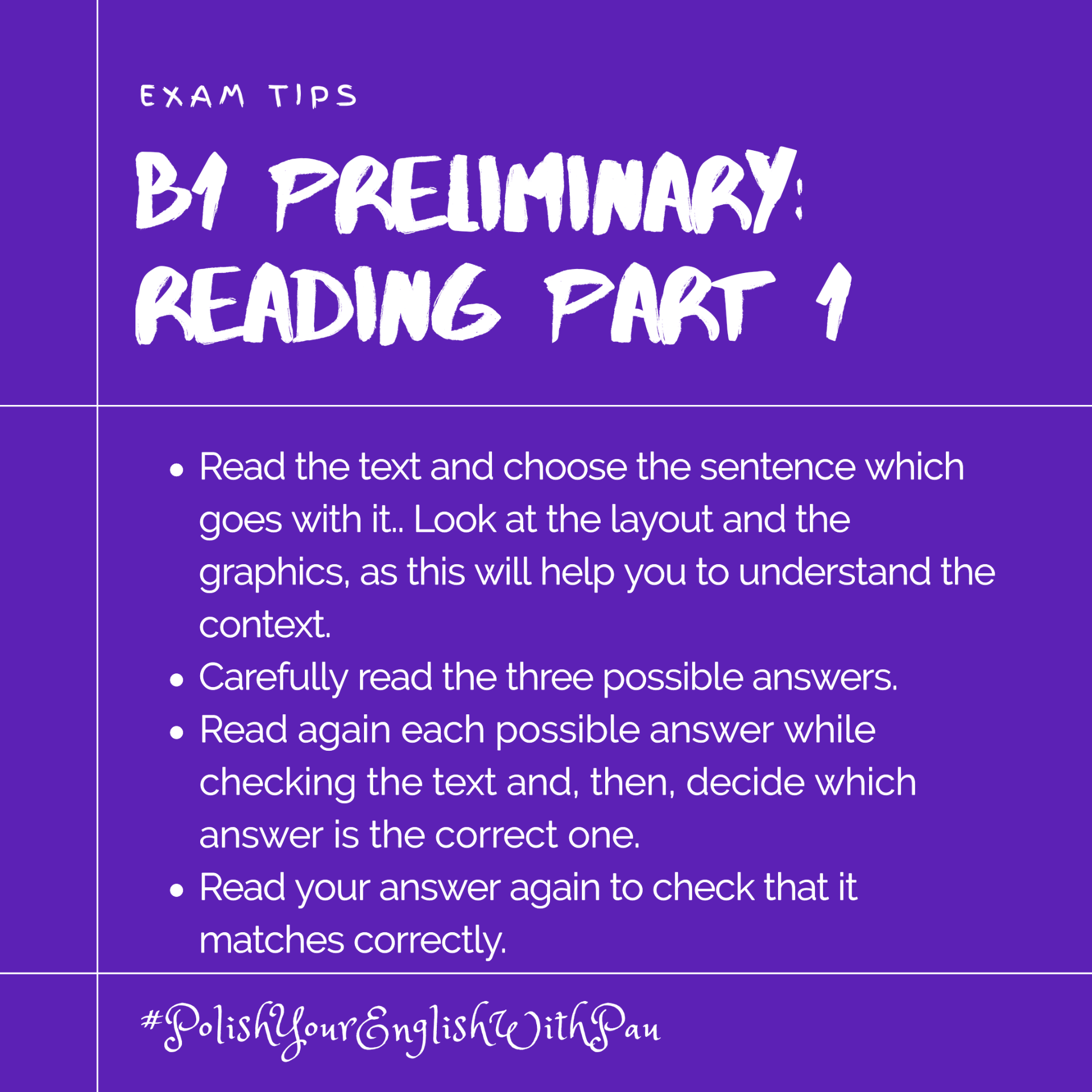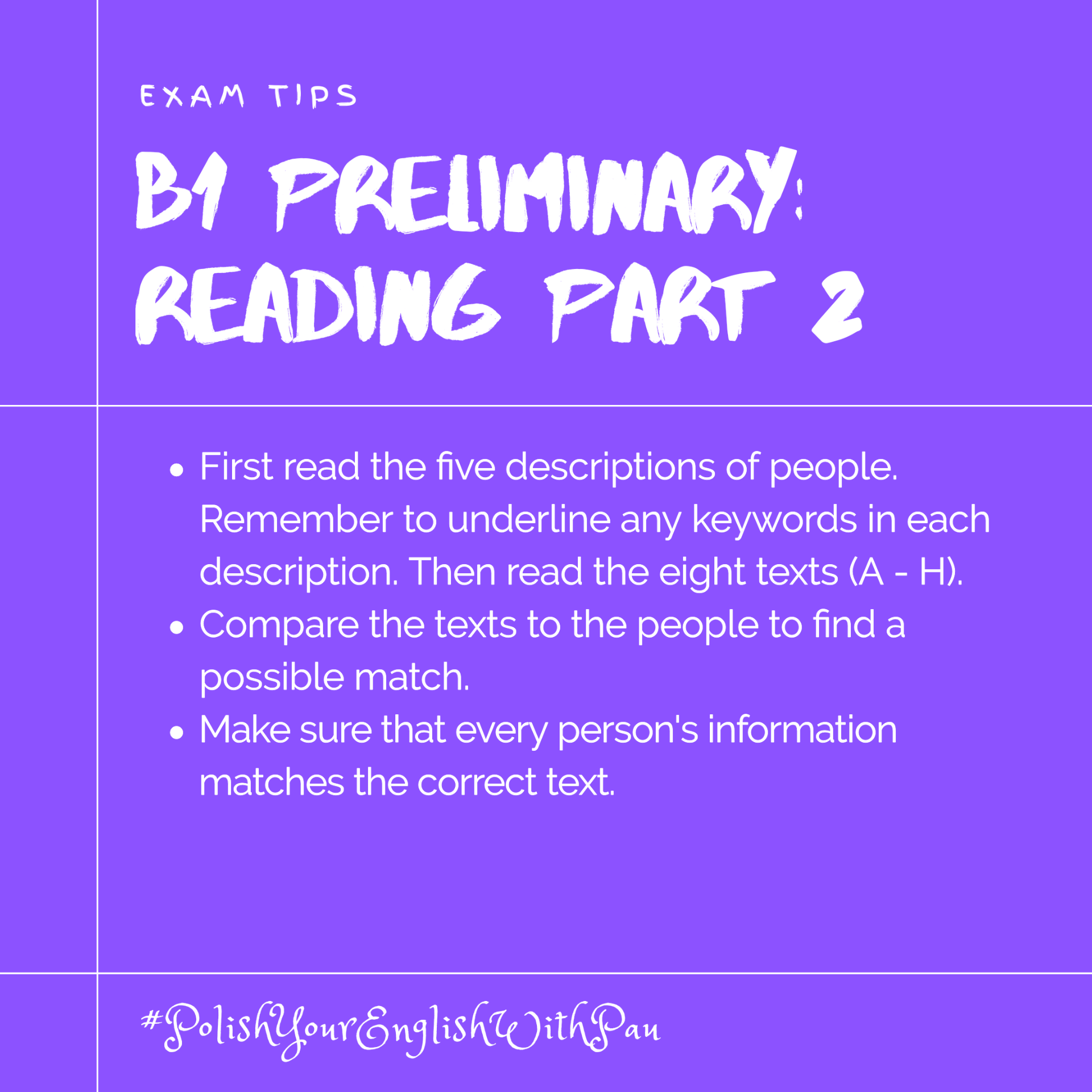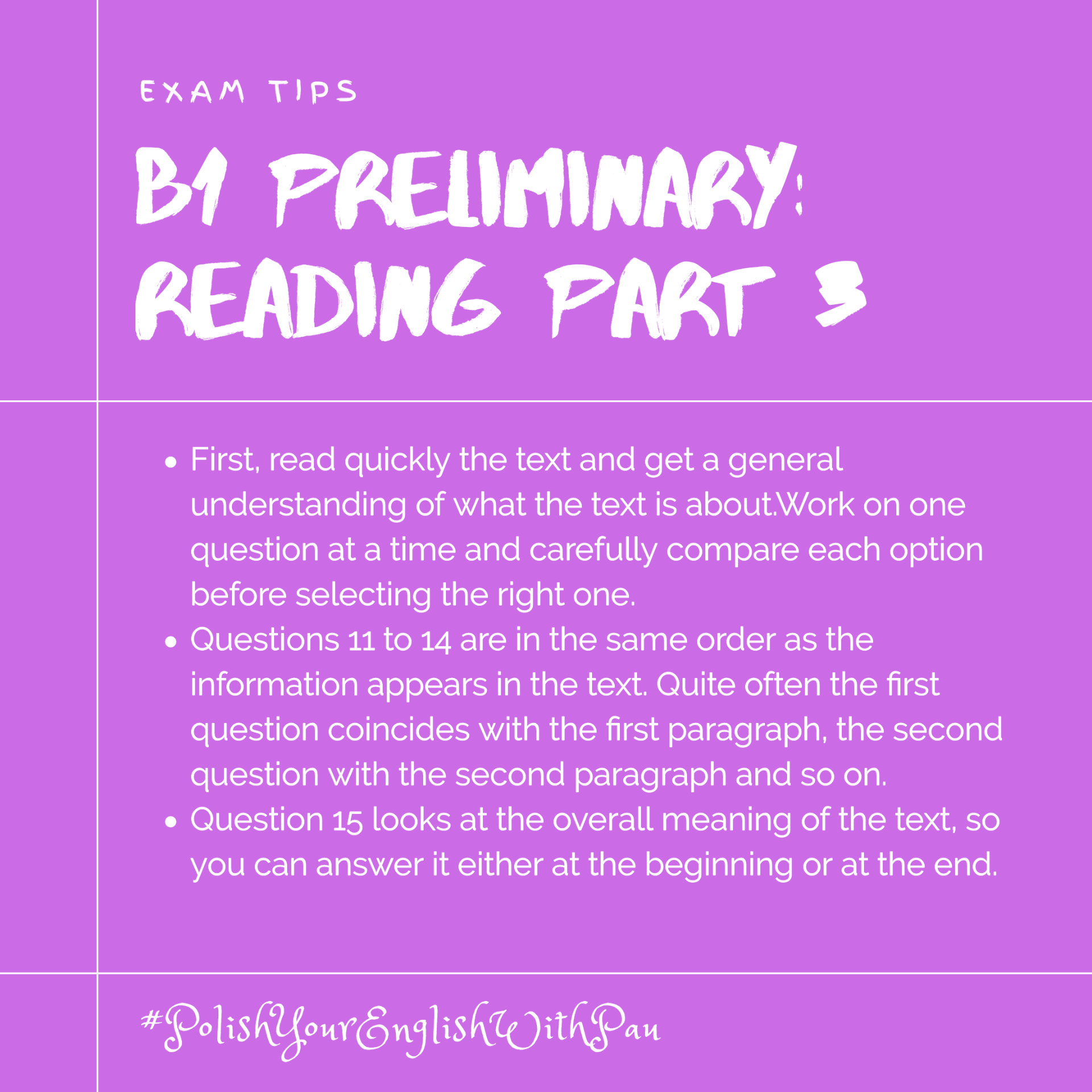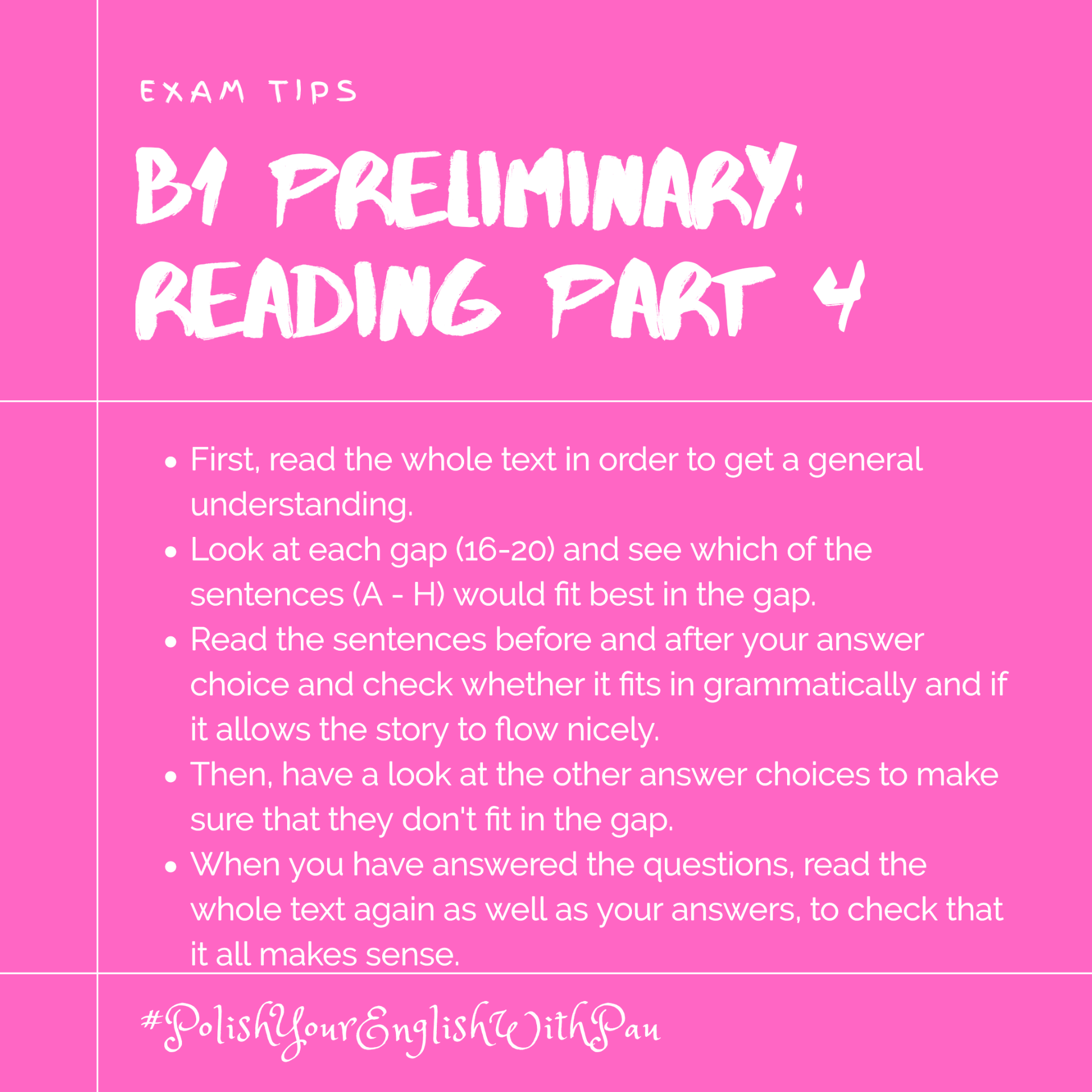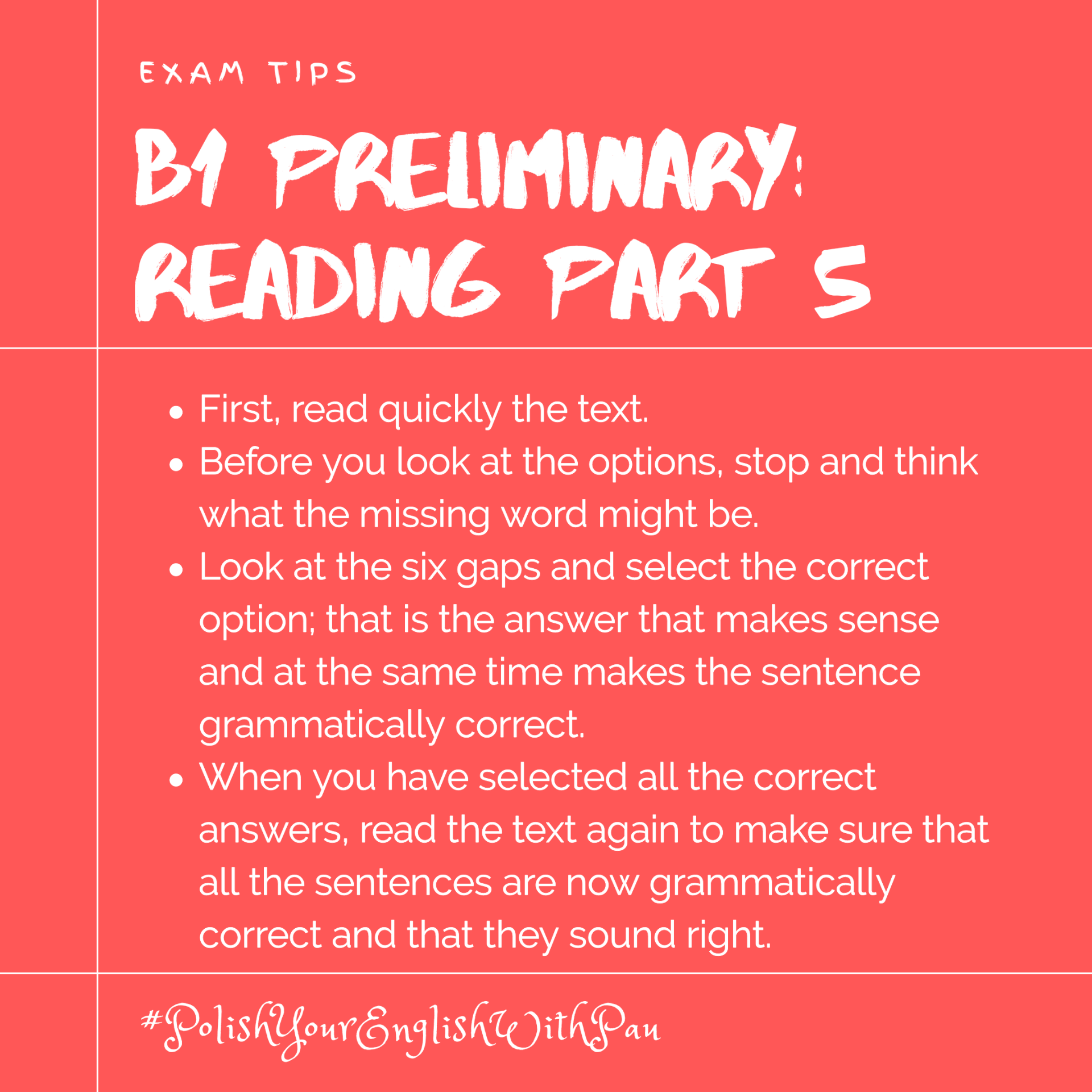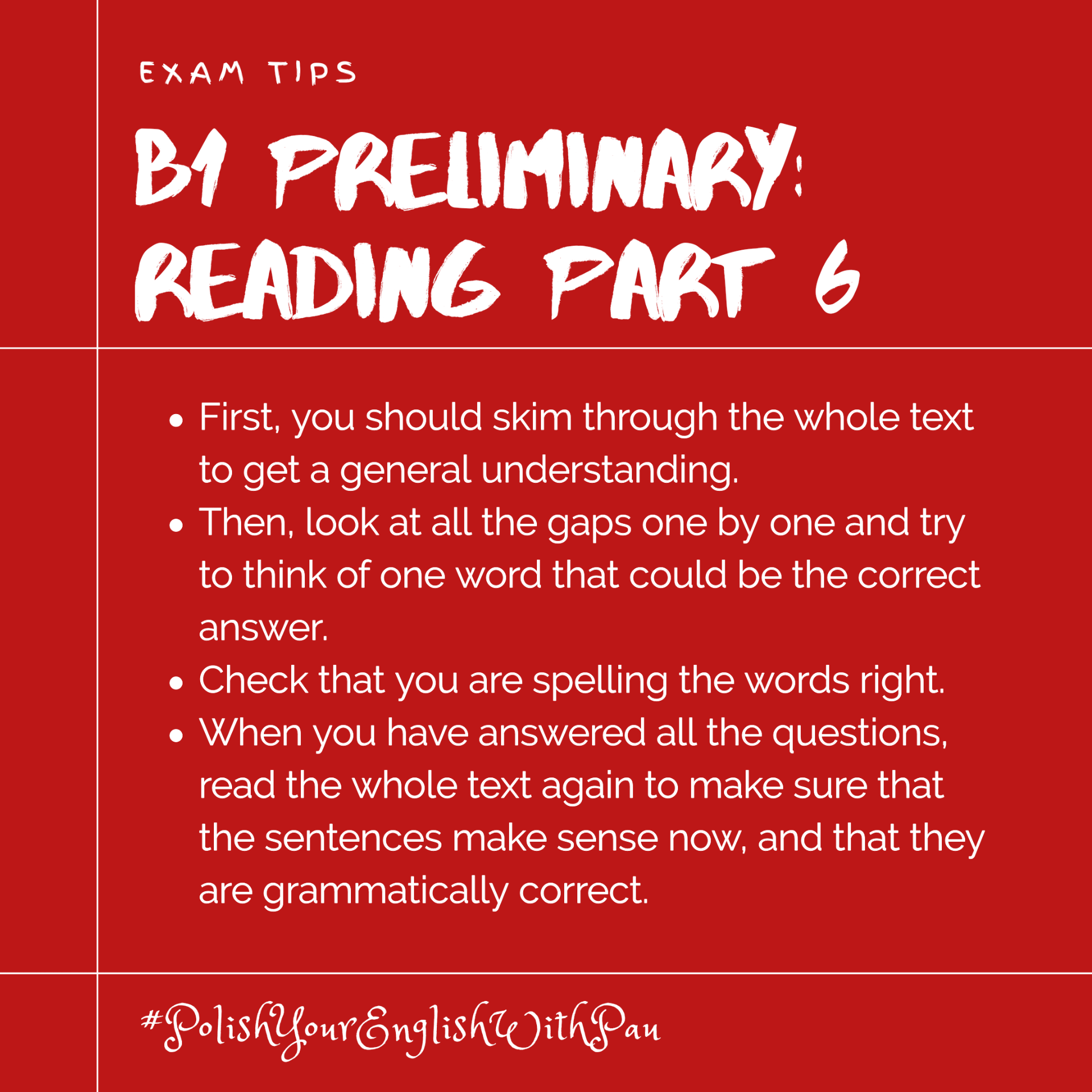Which film:
- ‘s plot might seem infantile?
- has an outstanding cast?
- is an absolute tear-jerker according to the author?
- is based on an illustrated book?
- is nation’s favourite Christmas movie?
- is not easy to follow in English?
- is the author’s personal favourite?
- shows a real change in somebody’s attitude?
- shows that sometimes kids are smarter than adults?
- will make you roll on the floor laughing?
Four festive films to watch this Christmas
It’s currently December and Christmas is almost here. It’s a time for eating great food, giving and receiving presents, and – most importantly – spending time with your family. And what better way to spend time with your loved ones than sitting down to watch some classic Christmas movies? Listed below are four fabulous films that will make you laugh, cry or both this Yuletide. Of course, they are all in English which means you can enjoy yourself and improve your language skills at the same time.
- The Grinch (2000)
This is a Christmas must-watch and one of Jim Carrey’s best performances. It was also originally a children’s book written by Dr Seuss, which I would recommend reading! It’s the story of a green monster who wants to ruin Christmas but who in the end discovers the power of love and generosity. It sounds cheesy and cliché, but I promise it’s a great film with plenty of laughs along the way.
- Love Actually (2003)
While this is not a personal favourite of mine, people in the UK absolutely love this film. It has a star-studded cast, featuring actors and actresses such as Hugh Grant, Emma Thompson and Alan Rickman (who plays Professor Snape in Harry Potter), to name but a few. It might be a little difficult to follow as there are lots of different sub-plots, so I recommend watching a dubbed version or enabling subtitles in your native language. However, the heart-warming elements of the film make it worth watching.
- Home Alone (1990)
This hilarious blockbuster is one of my favourite films of all time and I would watch it all year round if I could. It tells the story of a boy, Kevin, who is left alone in his house when his large family forget to take him on vacation with them. While the family are away, burglars try to rob the house and Kevin must protect his home by setting traps. The trips, falls and traps will have you laughing out loud as you watch a 10-year-old boy outsmart two grown men.
- Miracle on 34th Street (1994)
You can’t have Christmas in an English-speaking country without watching this film. It’s not funny like Home Alone or The Grinch, but it is incredibly touching. It’s about a man who claims to be Santa, but nobody believes him except a lawyer and a little girl (who is played by Mara Wilson, the same actress who plays Matilda). The storyline may seem a little childish but you can enjoy it at any age. I cry every time I watch it and I’m 21!
Happy holidays to you all!
Task based on a text from British Council Teens
Questions 1 – 6 For each question, choose the correct answer.
Questions 7 – 12 For each question, write the correct answer. Write one word for each gap.
Christmas Day in the UK
December is here and many people are starting to think about Christmas. In some places, preparations for Christmas (1) _____ as displays in shops and lights in the streets start as early as October! I am living in Spain at the moment, last year I spent Christmas in Finland and this year I will be spending Christmas with my family in (2) _____ UK. It is very interesting (3) _____ experience the different traditions in different countries during Christmas time.
In my family, we usually get (4) _____ very early on Christmas day and open our presents. My mother likes French food, (5) _____ we have a French-style breakfast with bread, croissants and lots of different cheeses. Then we have fun with our new presents whilst preparing the roast dinner for the evening, (6) _____ includes meat, roast vegetables and gravy. For dessert, we have mince pies, Christmas pudding or a yule log. After dinner, we finish Christmas day by playing fun games together.
| 1. |
a. |
like |
b. |
such |
c. |
so |
d. |
not |
| 2. |
a. |
– |
b. |
a |
c. |
an |
d. |
the |
| 3. |
a. |
to |
b. |
for |
c. |
in |
d. |
of |
| 4. |
a. |
in |
b. |
on |
c. |
up |
d. |
at |
| 5. |
a. |
and |
b. |
also |
c. |
but |
d. |
so |
| 6. |
a. |
that |
b. |
who |
c. |
which |
d. |
when |
Some people go to church (7) _____ Christmas and I go on my (8) _____ because I am the only Christian in my family. At church, I celebrate with my friends and sing carols. Christingles are an old Christian tradition that children can make in some churches in England and Germany during Christmas. It starts with an orange which represents the world; then a red ribbon for the blood of Jesus, 4 cocktails sticks as the 4 seasons, sweets as God’s gift (9) ___ the world and finally a candle for Jesus as the light of the world.
Sometimes it can be difficult to remember the meaning of Christmas. Many of (10) _____ think about how many presents we will get and if they will be better (11 )_____ last year. Some people think that if they have lots of expensive things then people will think they are very important and this makes them happy. However, not everybody can have lots of things, especially people (12) _____ poor countries. A very important part of Christmas is giving presents, and it can feel very good to give a special present to someone who really appreciates it. One nice thing to do is to send a small box of presents to children in poor countries who don’t normally get many presents. Find more information on this website: http://www.operationchristmaschild.org.uk/landing.asp. What is most important at Christmas is that your life is full of love and happiness shared with your family and friends.
Task based on a text from British Council Teens
Essential vocabulary:
- Palm Sunday – Domingo de Ramos
- Maundy Thursday – Jueves Santo
- Good Friday – Viernes Santo
- Holy Saturday – Sábado Santo
- Easter – Pascua
- bank holiday – festivo
- meal – comida
- lamb – cordero
- get together – juntarse
- water fight – lucha de agua
- shrink – encoger
Easter in England
Easter is a Christian festival. It is in spring. In England, there are three important days at Easter.
- The first day is called ‘Good Friday’. On this day Jesus died. Many people eat fish on Good Friday. Many bars and pubs are closed.
- On Easter Sunday many people go to church. Children like this day because they eat chocolate eggs.
- Easter Monday is a bank holiday and many places are closed. For example, schools and banks are closed.
Easter in Poland
In Poland, Easter is quite similar. Many Polish people go to church, so, for many people, Easter starts on Palm Sunday. Children or adults prepare their own palms and take them to church.

Children don’t go to school on Maundy Thursday, Good Friday, Easter Monday and the Tuesday after so that the families have time to go back home after spending Easter with their families.
Easter is a very religious holiday in Poland. We go to church on Maundy Thursday, Good Friday, Holy Saturday (Sábado Santo), and of course on Easter Sunday.
After the mass on Maundy Thursday, everybody is sad. We know that Jesus Christ is going to die. Nobody watches TV, listens to music or laughs. It’s almost as if somebody really died.
On Good Friday, people in Poland only eat three meals: two small (usually breakfast and dinner) and one big (usually lunch) and we don’t eat meat.
On Holy Saturday, every family prepares a basket with food. In each basket, there are always eggs, the symbol of new life, salt, honey, sausages, bread, a lamb made of butter, sugar or white chocolate and a small traditional cake.
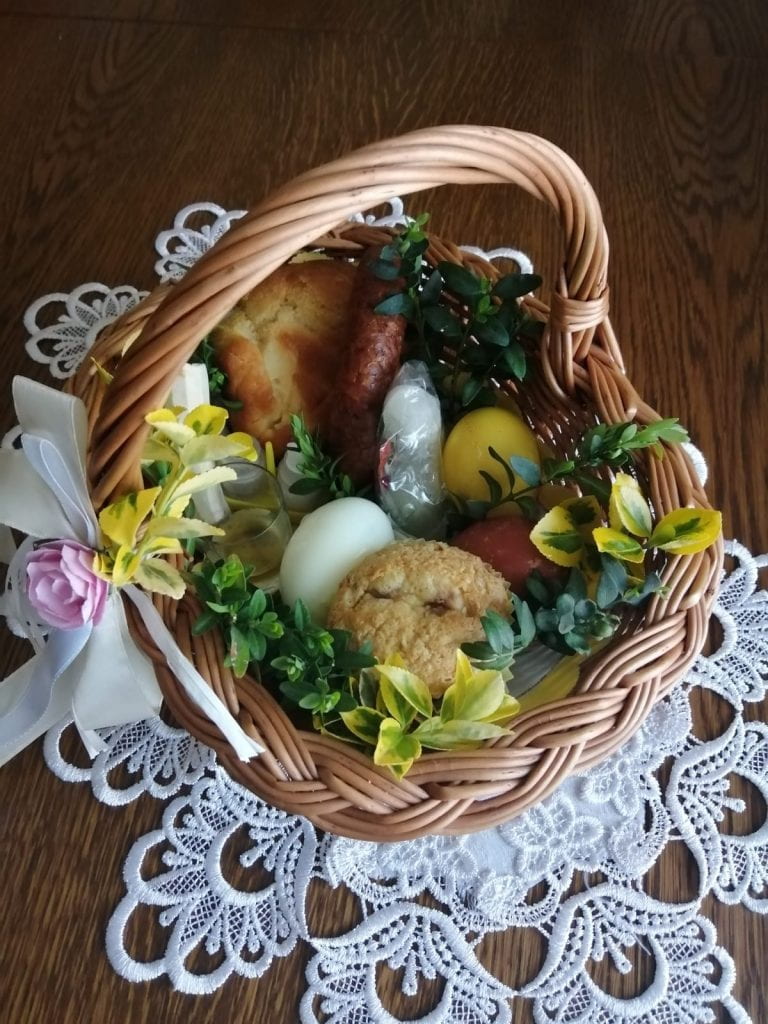
On Easter Sunday, all the families get together and eat Easter breakfast together. We eat special soup with eggs and sausages called barszcz.
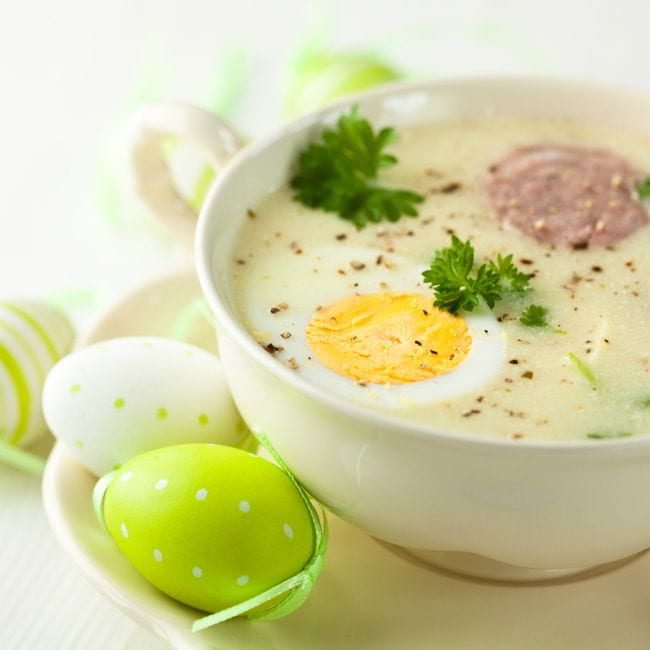
Credits: Google images
There are always a lot of cakes, for example, mazurek.
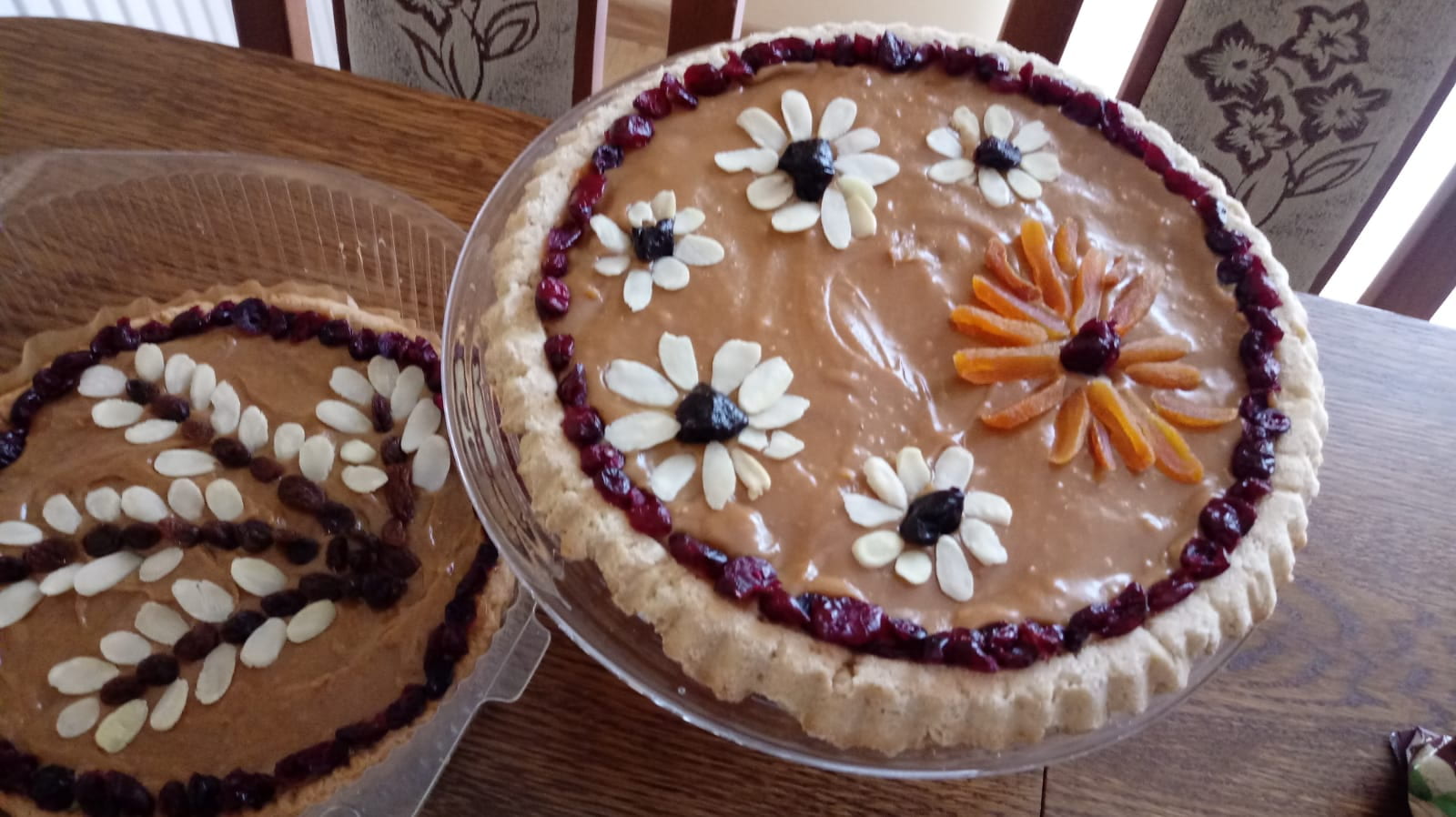
Another traditional Easter cake in Poland is babka (below in the upper right corner).
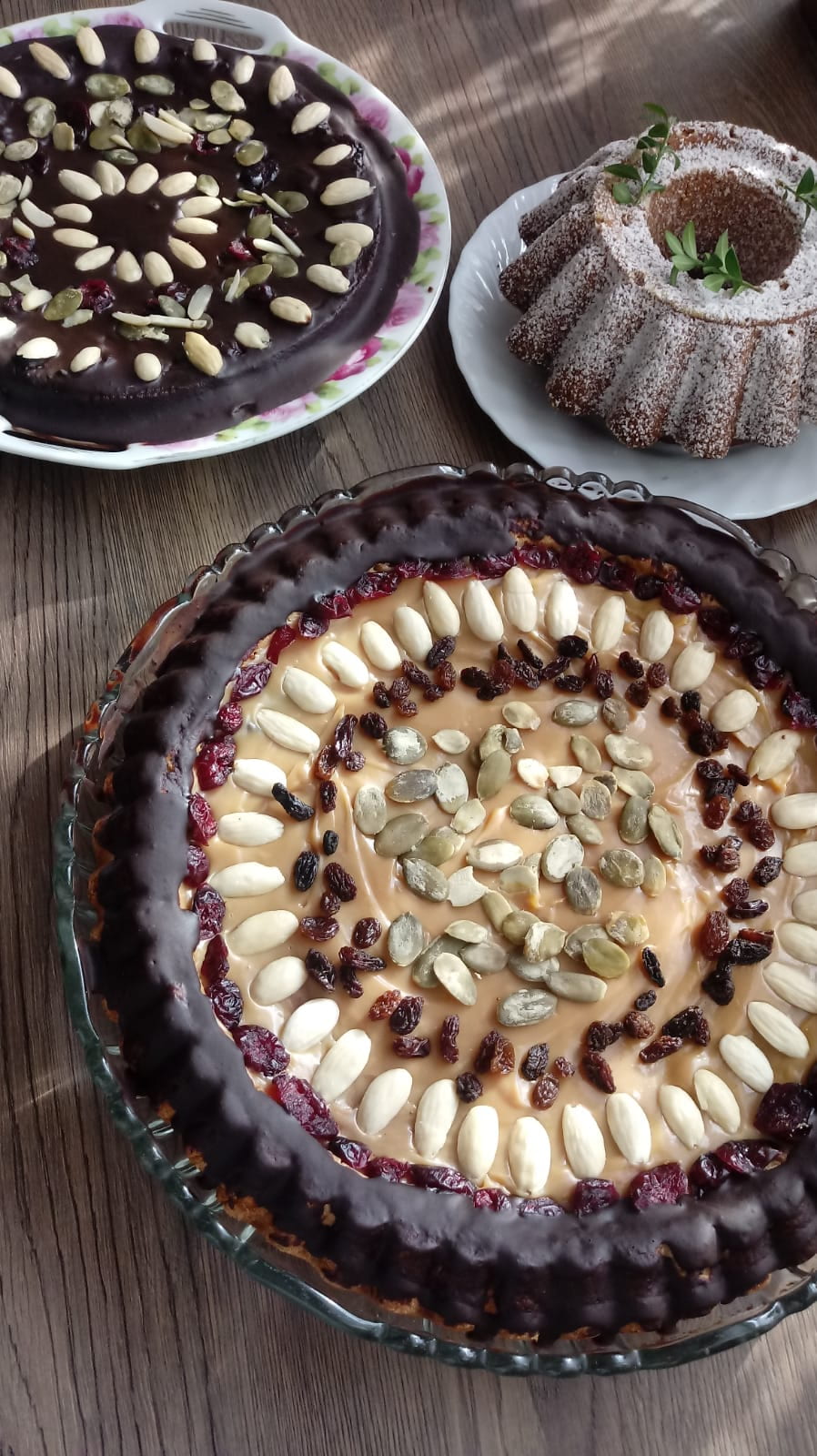
Easter Sunday is a bank holiday in Poland, but the majority of people don’t work on Monday. We celebrate Easter Monday too.
We celebrate “Smigus Dyngus” on Easter Monday. On “Smigus Dyngus” people throw water at each other. The wetter you get, the luckier you will be. Boys often do it to show their affection for girls. Each family starts a morning with a water fight. They can use small “eggs” like this one.
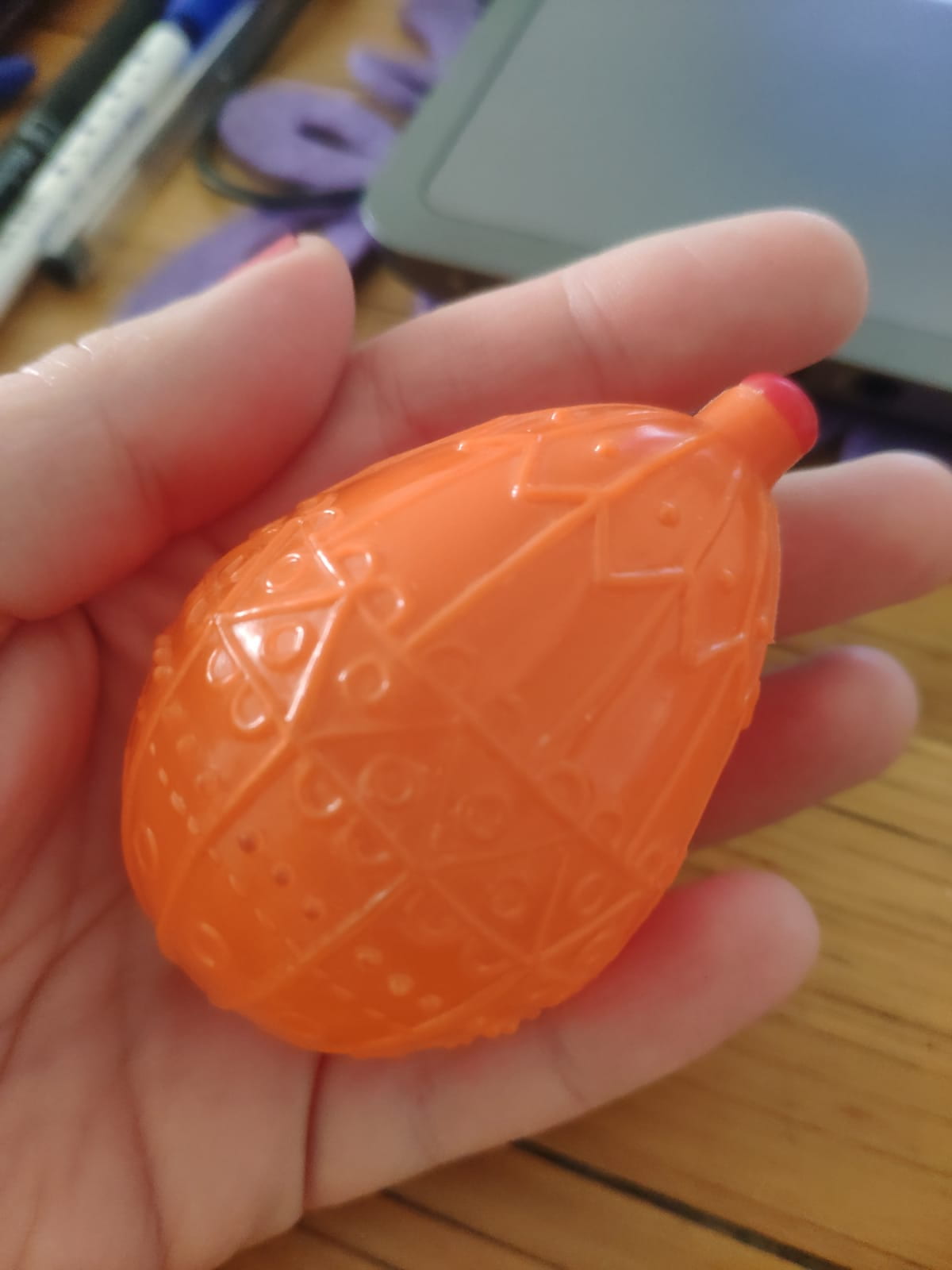
Or proper water pistols, like these:

Credits: Google images
Well, grannies are not always happy when the house is soaking wet :).
But there are some more traditions! We always decorate eggs before Easter. The perfect task for the kids. We call them pisanki.
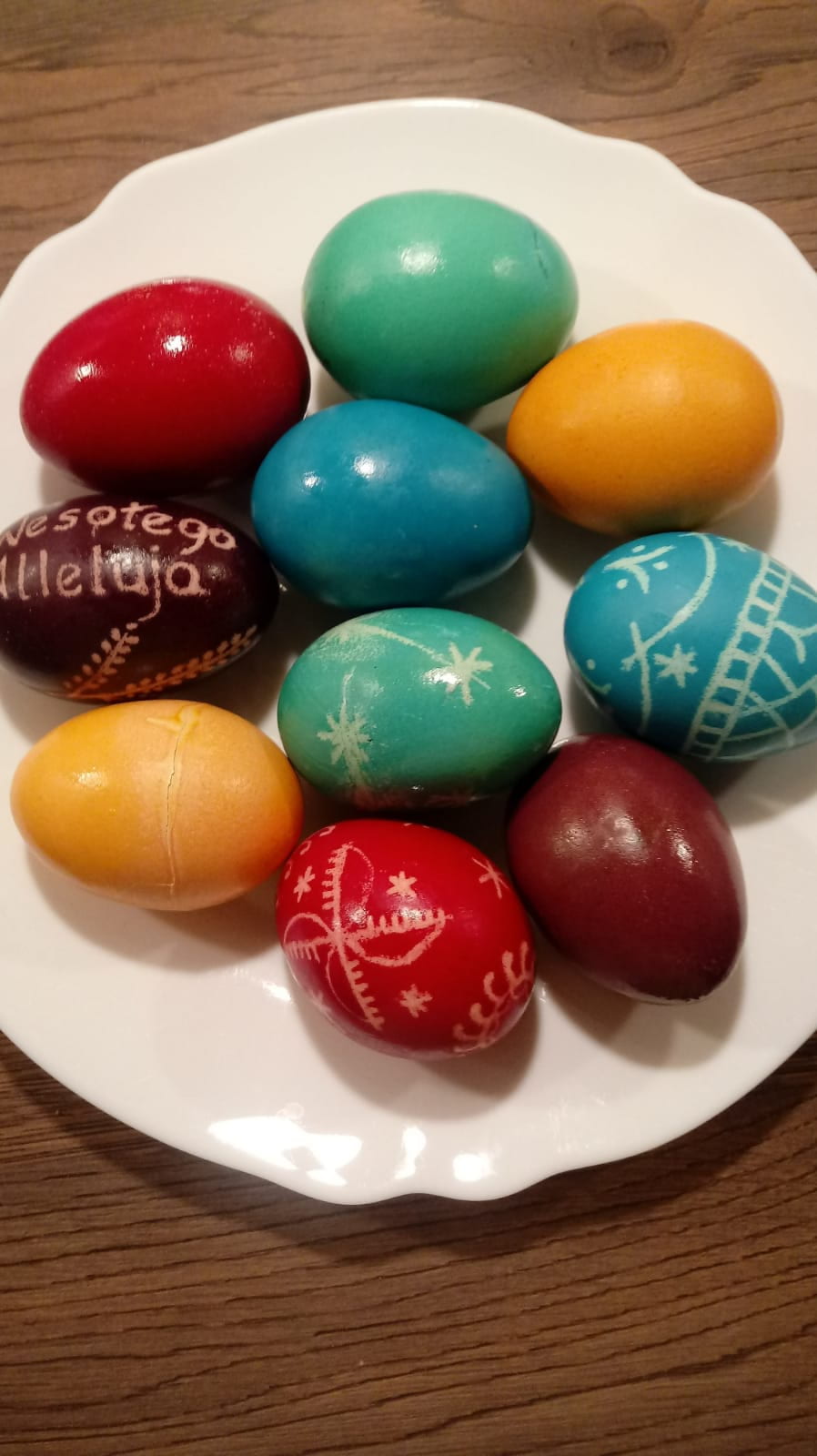
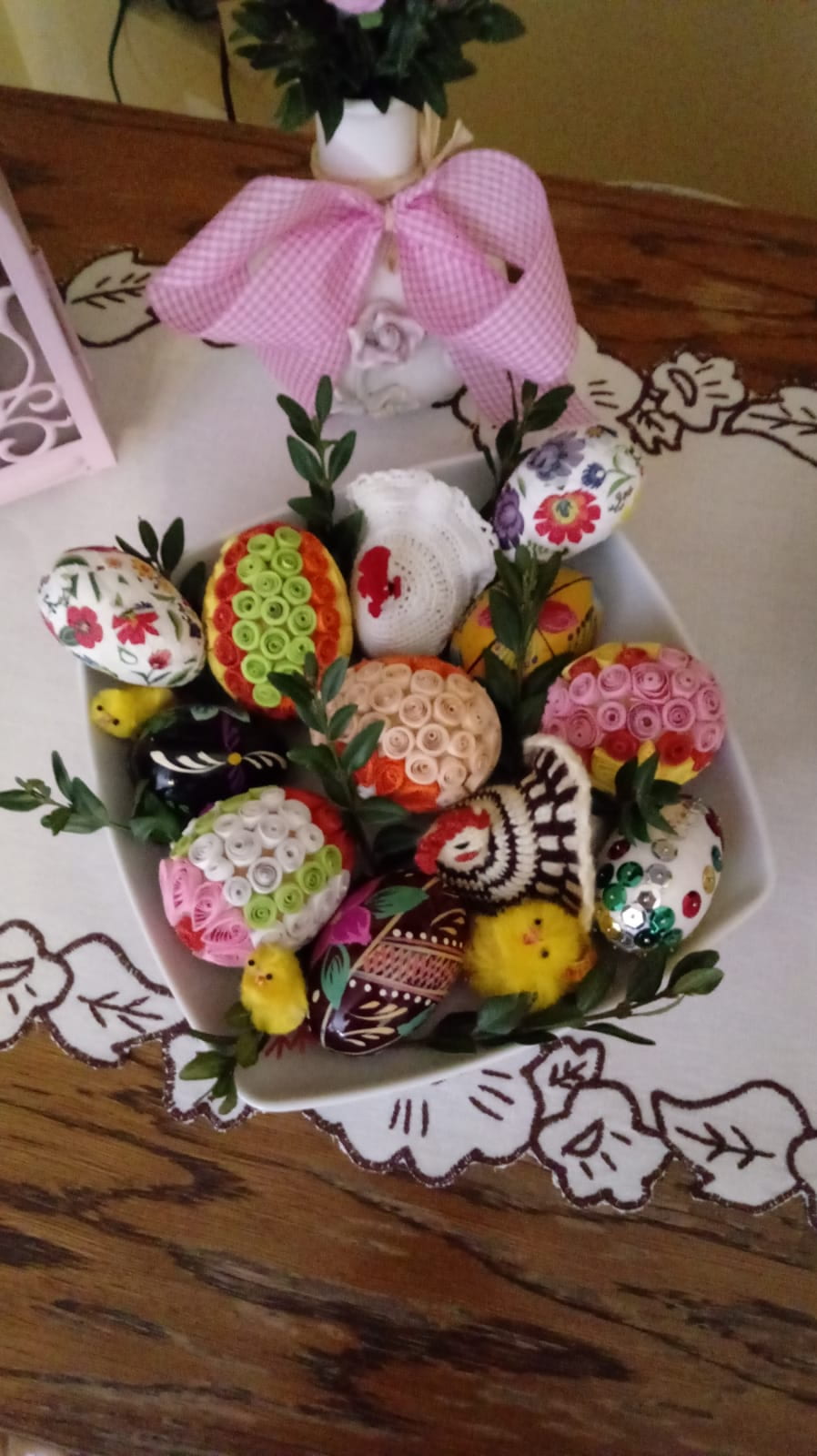
In the past, people used natural ingredients to colour the eggs: onion for brown, cabbage (col) for red, spinach for green, etc.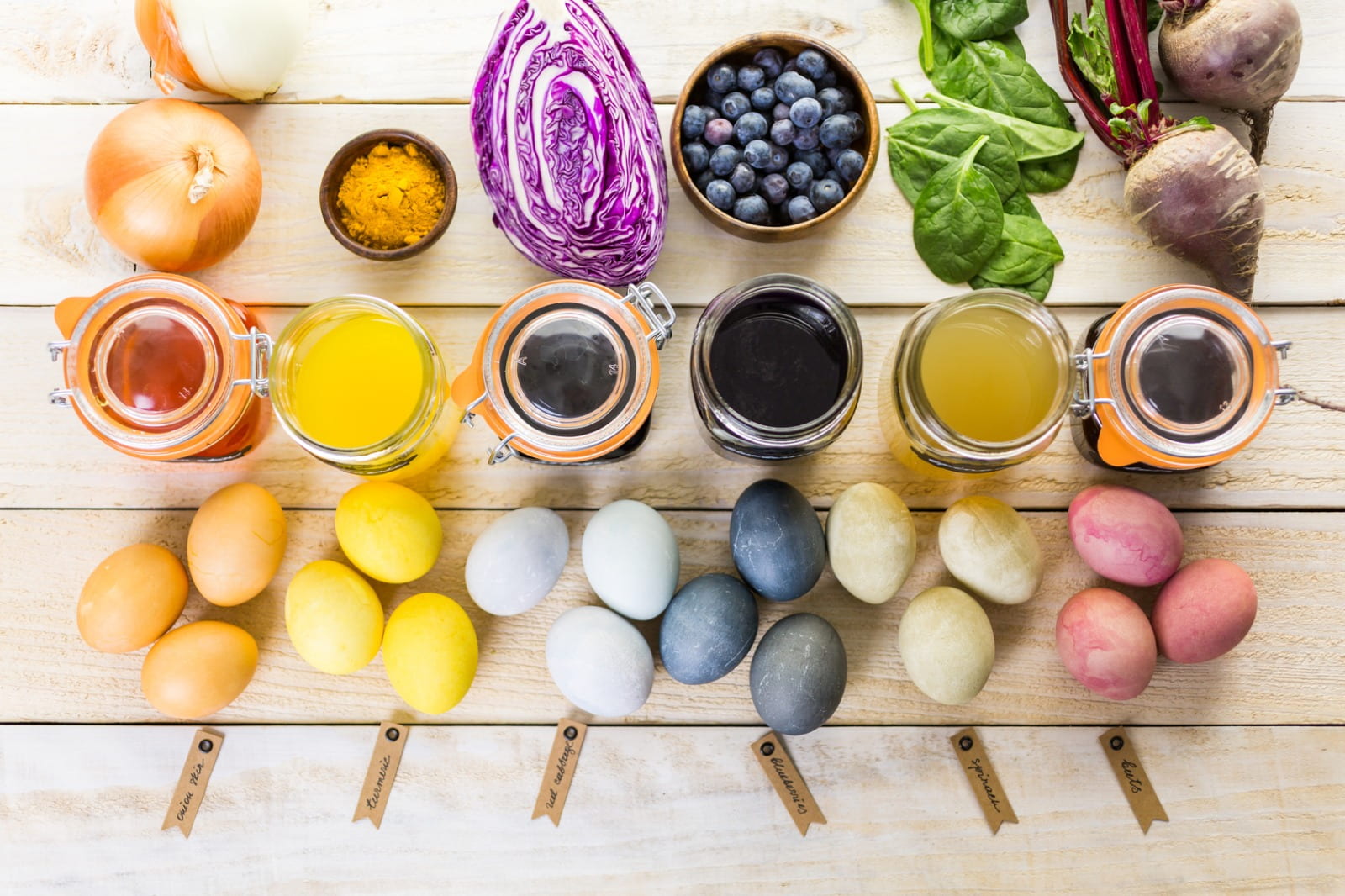
Credits: Google images
In my family, we are not very talented so we use pouches to decorate eggs. You put them around the egg, put the egg in hot water and they shrink around the egg.
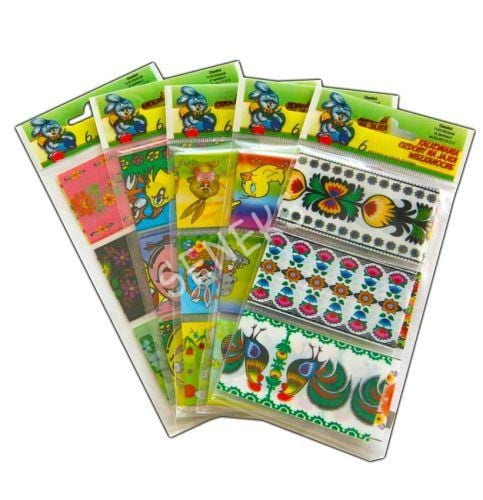
Credits: Google images
Easter bunny brings chocolate to all the good kids (a little bit like Santa Claus.)
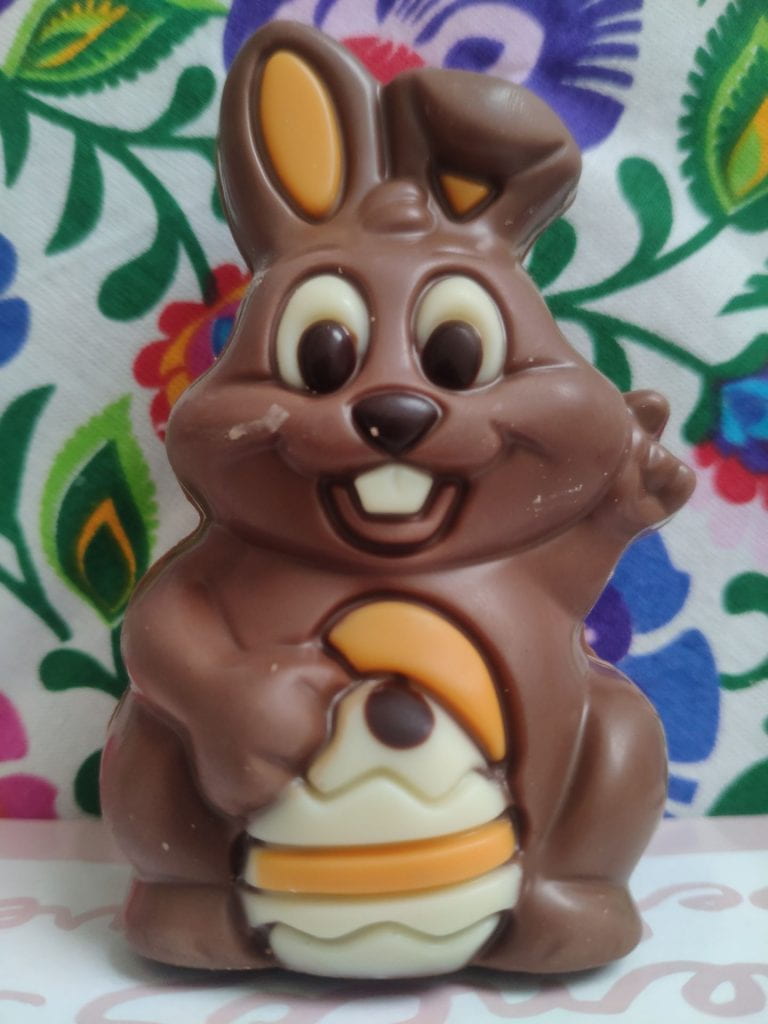
Traditional Easter decorations include Easter eggs, Easter bunnies, chicks, lambs and spring flowers.
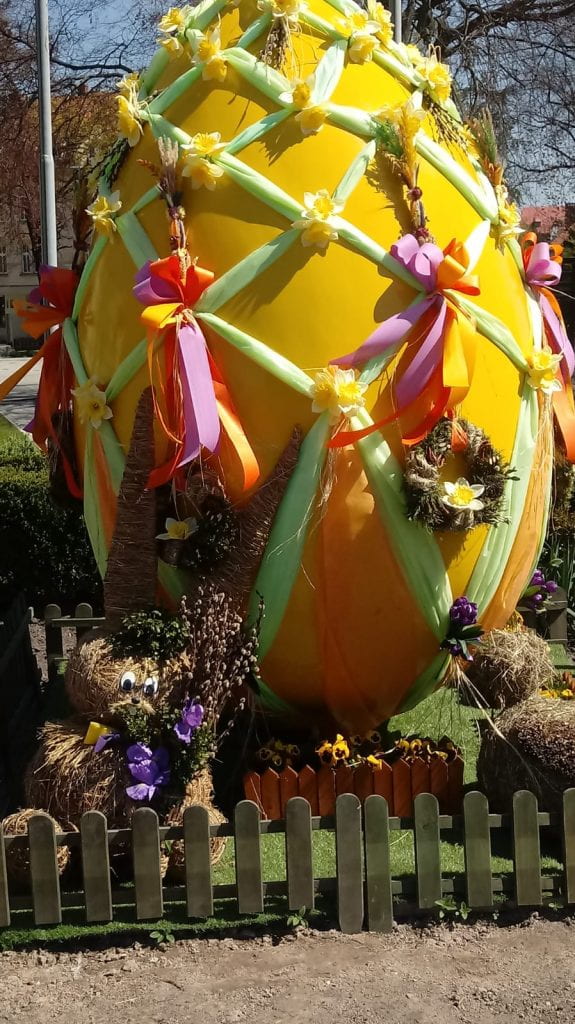
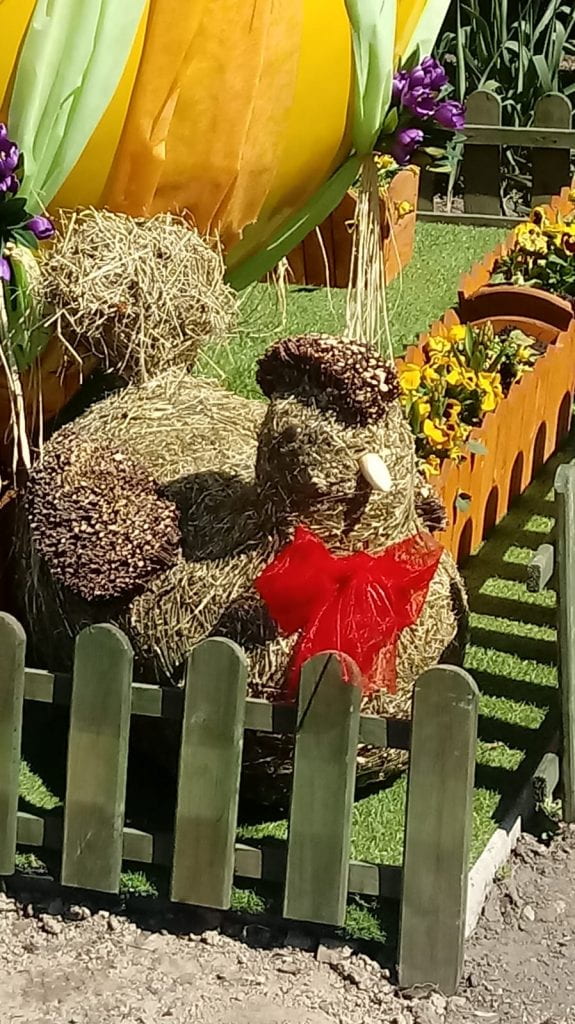
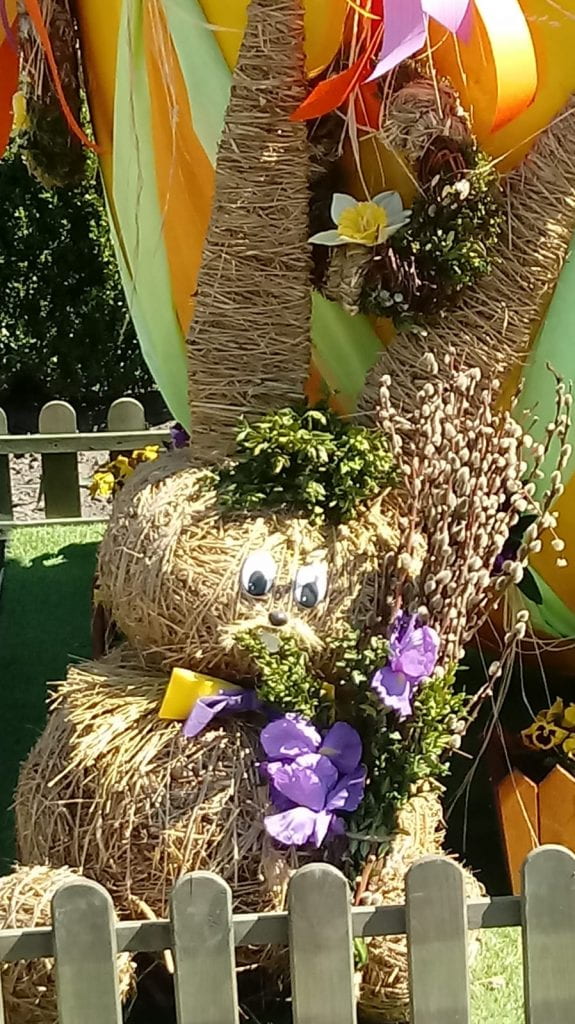
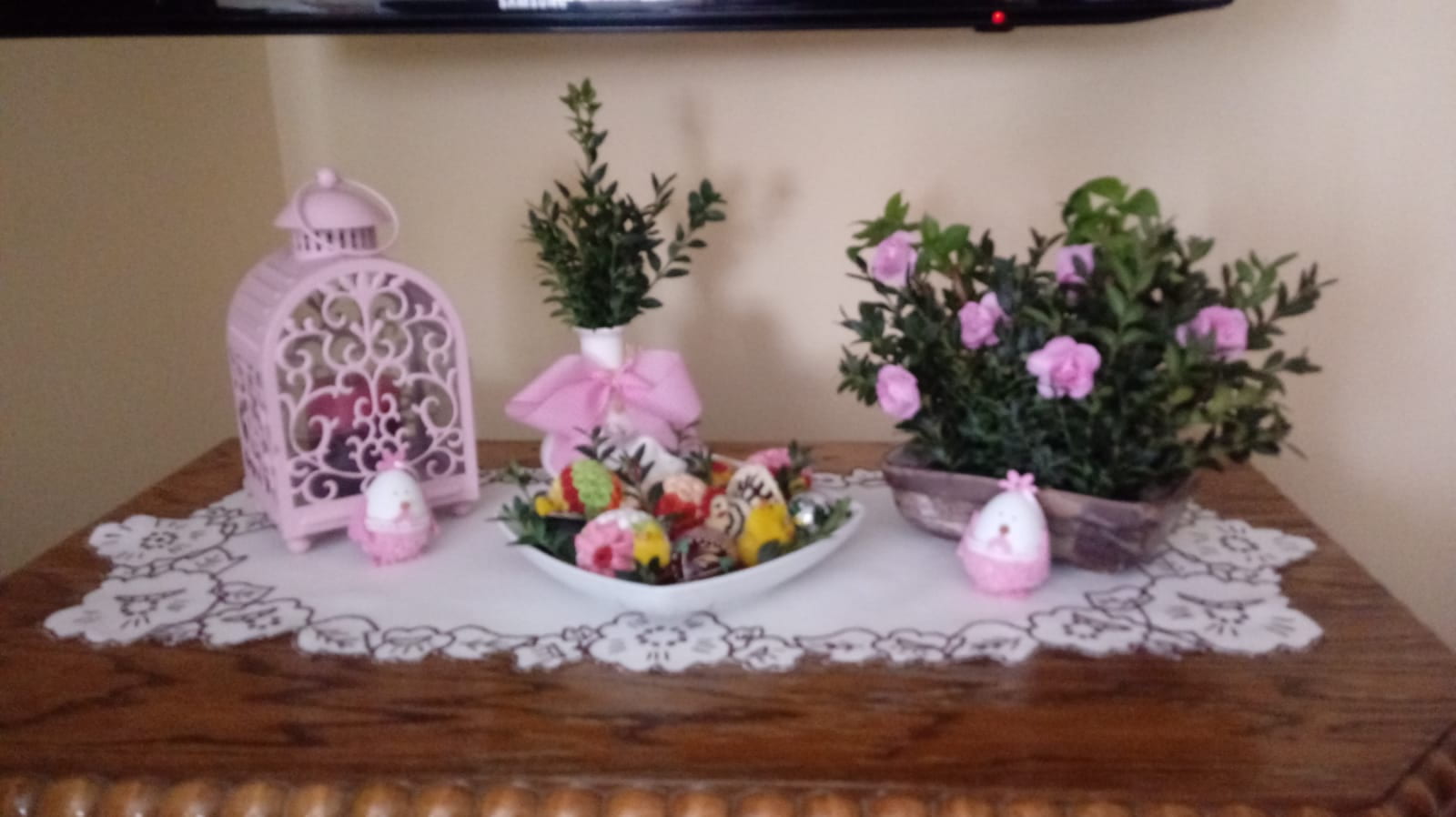
What traditions do you have in your family?

A married man lives in house number 5.
A student lives in house number 2.
Adam is a widower.
Ann is single.
Grandchildren live in house number 4.
Maria is married.
Michael has got a son.
The firefighter is married.
The lawyer has got two children but they are not the same age.
Ann lives in house number 1.
The nurse loves art.
The lawyer likes knitting.
The married man likes fishing.
The nurse has got twins.
The person who has got twins is divorced.
The person who likes dancing has got a son and two daughters.
The person who likes fishing has got a son.
The person who lives in house number 1 is a teacher.
The person who lives in house number 3 is divorced.
The single woman likes playing tennis.
The student likes dancing.
The teacher has no children.
The widower has got two children and five grandchildren.
Tom is divorced.
Download the worksheet with the answer key here

